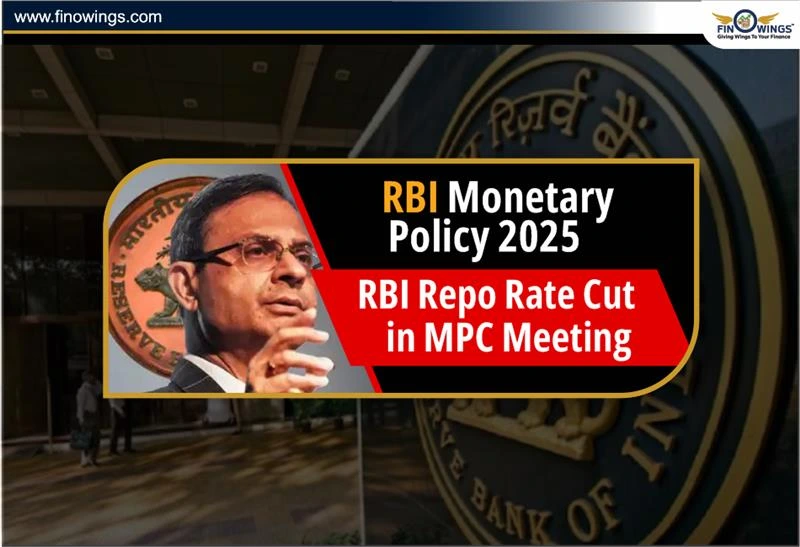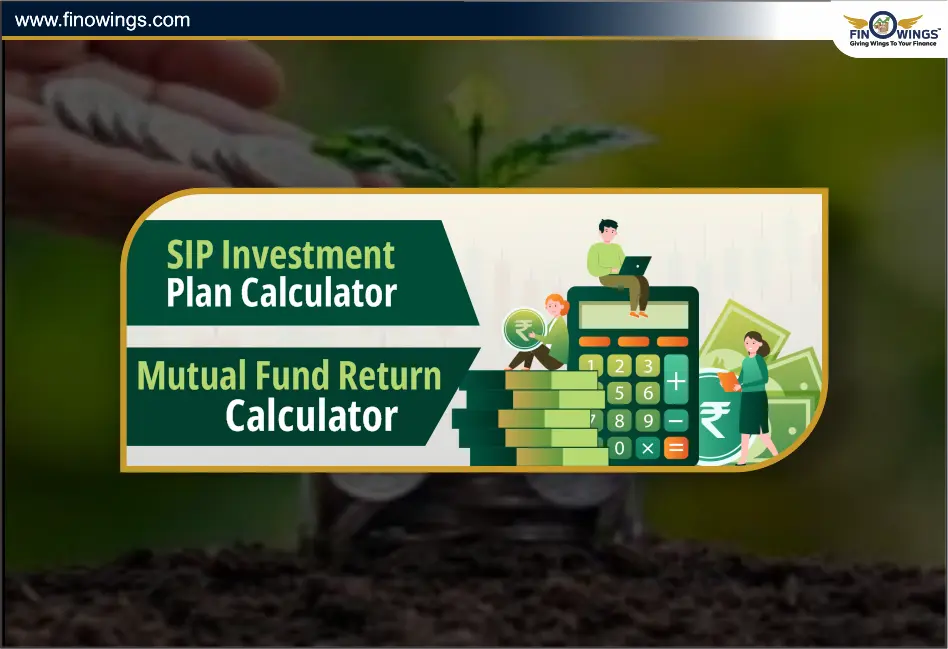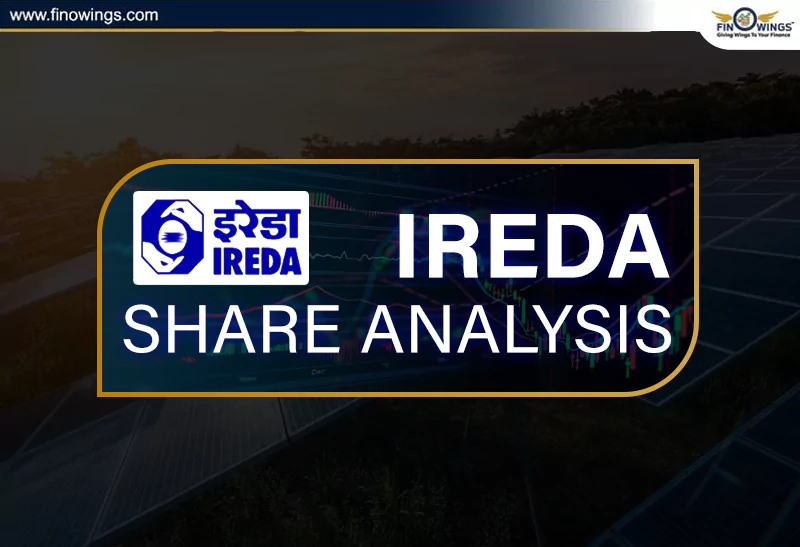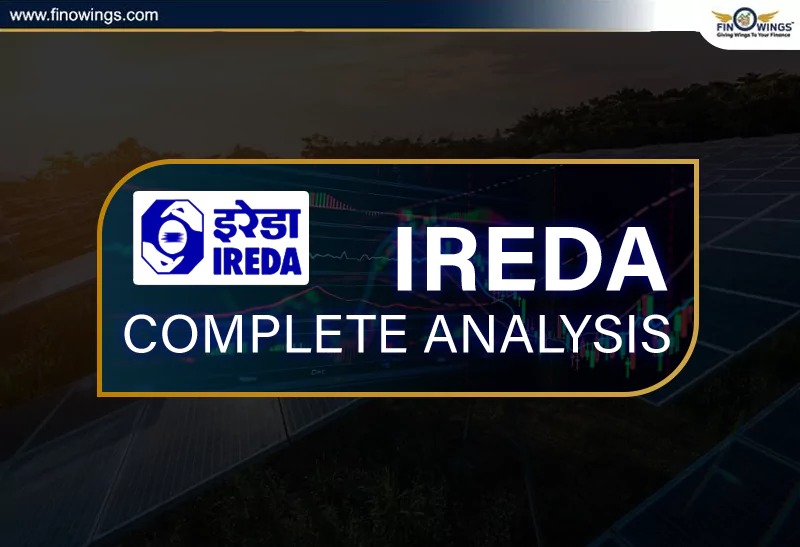Home >> Blog >> Share Buyback Meaning: Impact and Why Companies Do It
Share Buyback Meaning: Impact and Why Companies Do It

Table of Contents
Share Buyback/Repurchase Meaning
When a company rebuys its own shares from its current shareholders, it is known as a Share or Stock Buyback. The corporation repurchases these shares, which were previously distributed to the general public. This action either cancels or stores those shares as treasury stock, which reduces the number of shares circulating in the market.
A company is like a pizza cut into 10 slices (shares). When buy-back 2 slices, it is removed, and now when the same pizza is shared, it is shared among just 8 slices. That means each remaining slice (share) is now priced more.
What Happens in a Buyback?
-
A buyback plan is announced by the company.
-
A way out (open market or by tender offer) is mentioned.
-
A buyback is funded out of its own funds.
-
Such shares are canceled or transferred to the Treasury.
-
A reduced number of shares may result in an increase in share price and EPS.
If Nifty hits 30000, stocks are likely to gain exposure in the Rally. Do you have the Demat Account ? if not open today!
Impact of Share Buyback
The below pointers highlight possible share buyback impacts faced by investors, companies and the market.
1. Impact on Company:
Positive Change-
Higher EPS: Because the total number of outstanding shares decreases, the earnings are divided by fewer shares, thus improving the EPS.
Improved financial ratios: This may improve Return on Equity (ROE) and Return on Assets (ROA) and make the firm look more efficient.
Utilize cash that is otherwise idle: Buyback enables companies to use the idle cash efficiently, especially in cases where there is no possible investment opportunity soon.
Potential Negatives-
Lessened growth cash reserves: Cash used in buyback is unavailable now for growth, R&D, or even emergencies.
May raise the debts: If a company borrows for buyback, it can increase the financial risk.
Short-term strategy: Sometimes buybacks are just to increase stock prices temporarily and not for long-term value creation.
Highest Dividend Paying Stocks in India
2. Impact on Shareholders:
Positive-
Increasing Share price: Fewer shares = Better ratios = More often higher market value.
Optional Exit: in a tender offer shareholders may also choose to sell their shares at a premium price.
Signal of confidence: Reflects the belief of the company in undervalued stock possession.
Negative-
Reduced ownership if not participating: Under such circumstances, if you don’t sell in a buyback, your relative ownership stays the same, but the decision-making could get too concentrated.
No Guaranteed price rise: The market may not react positively if the reason for doing the buyback seems feeble or artificial.
3. Impact on Market:
Heighten investor sentiment: Particularly if the announcements are made from the major and profitable companies.
Sometimes misinform: The companies distract from the outcome of feeble earnings or dark future earnings prospects.
Create speculation: This may lead traders to rush to purchase shares expecting short-term gains.
Example
Suppose a Company ‘A’ possesses:
Before Buyback-
-
Rs.100 crore is the net profit.
-
10 crore shares
-
EPS is equal to Rs.10.
Following a 2 crore share buyback:
-
8 crore shares remain.
-
Rs.12.5 is the new EPS (100 crore ÷ 8 crore shares).
-
A higher stock price is frequently the result of this greater EPS.
Reasons for Share Buyback of Companies
Possible reasons that companies go for share repurchase are provided below-
-
Return Excess Cash to Shareholders - If a company has surplus cash and limited reinvestment opportunities, it may prefer buybacks to return the excess to shareholders via dividends.
-
Increase Earnings Per Share (EPS) - By reducing the number of outstanding shares, EPS increases, therefore making the stock more attractive.
-
Shares are Undervalued - Management views the shares as being undervalued Buying back the shares at a low price is then regarded as a profitable investment.
-
Defend Against Takeovers - Less share supply in the market will essentially curb acquiring a controlling interest in the company.
- Tax Efficiency - Compared to Dividends In some jurisdictions, capital gains (from stock appreciation) are taxed at a lower rate than dividends, thereby making buybacks an attractive option for shareholders.
-
Optimize Capital Structure - Buybacks help maintain the debt-equity ratio which further enhances a few ratios and reduces the weighted average cost of capital (WACC).
-
Signals of Confidence - The buyback signifies that management has confidence in the company's future performance and profit.
Upcoming Buyback of Shares
The upcoming buybacks of stocks in 2025 are not available as of now.
Conclusion
Thus, share buyback is a way for a company to repurchase its shares generally to improve the earnings per share, increase the price of the stock, and return excess cash to shareholders. They increase shareholder wealth and send positive signals regarding the financial health of an organization; however, drawbacks such as diversion of funds from growth opportunities as one of the uses for such funds occur.
Therefore, buybacks are used to optimize the capital structure and demonstrate faith in the future; an investor needs to consider short-term and long-term economic effects.
Disclaimer: No buy or sell recommendation is given. No investment or trading advice it is. Discuss with an eligible financial advisor before investing.
Frequently Asked Questions
Share or Stock repurchase is the repurchase of shares from its current shareholders by the company.
The share price of the company generally goes high after a buyback.
The limit for a company's buyback is 25% of its paid up capital and free reserves.
The EPS of the Shares generally increases after a buyback.




















